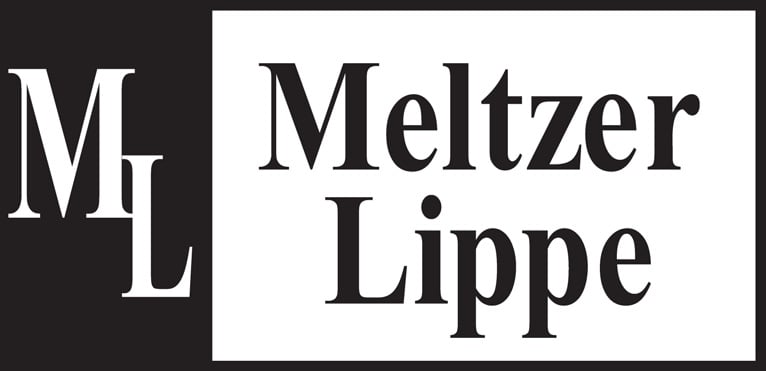Business & Real Estate Taxation Articles
New York Law Journal: A Reminder That Partnership Tax Status Requires Business Purpose and Profit Sharing
By Jeffrey A. Galant Likely, either the partnership or limited liability company is the most flexible of entities now available for business-or investment-related ventures. Whether ...
August 29, 2023
Read More →
Cryptocurrency – Don’t Look Now, But Here Comes the Tax Man
By Raymond J. Holst The Bitcoin blockchain went live over thirteen years ago on January 3, 2009. If you’re like most investors, you may have ...
January 26, 2022
Read More →
Bloomberg Tax: Tax Management Estates, Gifts and Trusts Journal – Using Charitable Remainder Trusts to Defer Reporting the Gain Realized From the Sale of Marketable Securities for Cash
For appreciated marketable securities owners who do not want to wait until the income tax-free step-up in basis at death or cannot take advantage of ...
November 14, 2019
Read More →
Is a Prenup Really Necessary for Assets in a Spendthrift Trust?
It’s a Family Affair: Is a Prenup Really Necessary for Assets in a Spendthrift Trust answers the question asked by its co-authors Stephen Breitstone, the Head ...
September 10, 2019
Read More →
What You Need to Know about Freeze Partnerships
By Andrew L. Baron What is a preferred freeze partnership? A preferred freeze partnership is a partnership that has two distinct classes of ownership interest: ...
June 14, 2019
Read More →
Tax Bulletin: Planning for Impact of Tax Cuts and Job Act
This is the first of a series of Bulletins discussing the significant tax law changes and planning opportunities presented by the Tax Cuts and Jobs ...
December 28, 2017
Read More →
Taxnotes®: Statutory Clarity for Early Termination of NICRUTs and NIMCRUTs
Stephen M. Breitstone, head of Meltzer Lippe’s Private Wealth & Taxation Group, co-authored, with Jerome M. Hesch and David C. Jacobson, an article published in ...
June 21, 2017
Read More →
Madoff Victims Who Paid Taxes on Scheme Seek Refunds
By Stephen M. Breitstone and José L. Berra Ponzi scheme has paid it now seems never existed. (1) The question now is whether these victims can get ...
April 15, 2015
Read More →
DIEBOLD and the Not So Beautiful: Transferee Liability Trumps Tax Shelter
The Second Circuit, in Diebold v. Commissioner, describes the requirements for finding transferee liability under Section 6901, here specifically under New York law, ...
April 30, 2014
Read More →
Section 1031 “like-kind” exchanges – Use of Tenants in Common to “Pool” Capital and to Create Liquidity
When the IRS issued Rev. Proc. 2002-22, 2002-1 CB 733, it provided a degree of guidance as to when a tenants in common ...
April 29, 2014
Read More →
© 2024 Meltzer, Lippe, Goldstein & Breitstone, LLP
Attorney Advertising | Privacy Policy | Terms Of Use | Accessibility Statement
Attorney Advertising | Privacy Policy | Terms Of Use | Accessibility Statement
